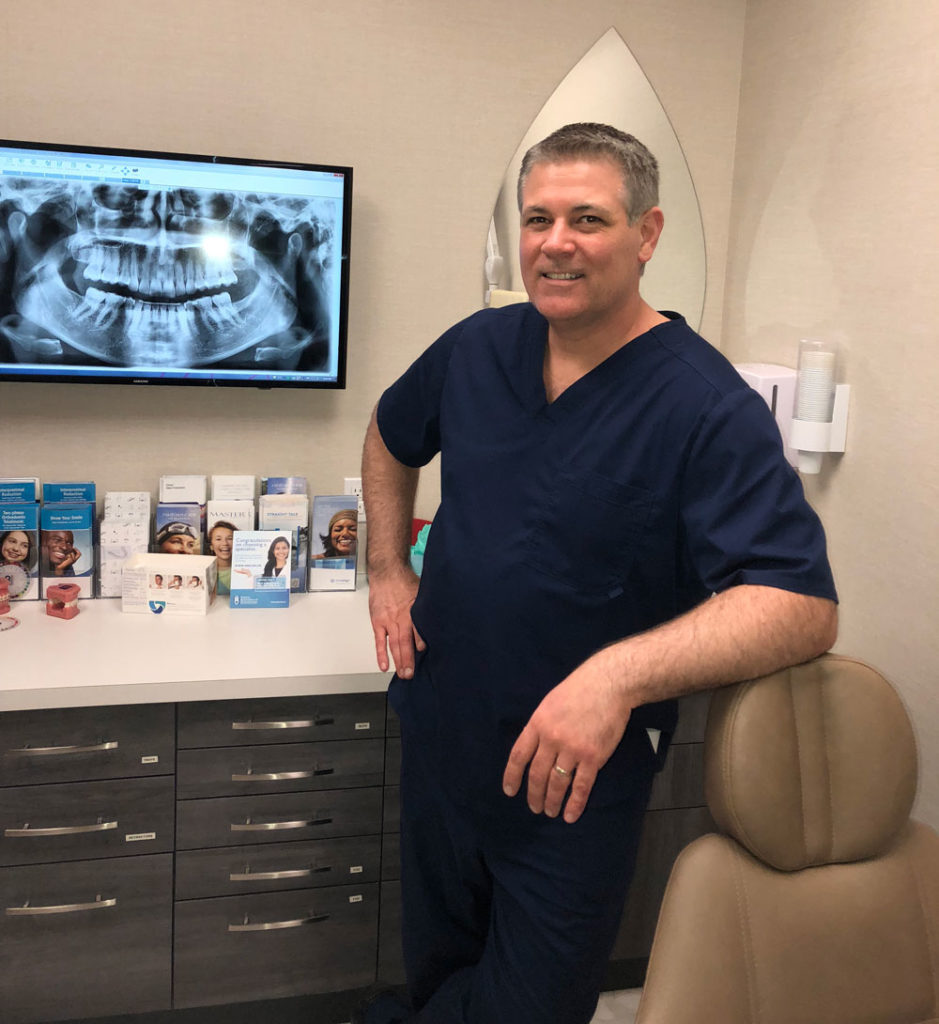
Oral Surgery
To boost your oral health, you might need minor surgical procedures involving teeth, jaw, and the gums. At first glance, the idea of getting oral surgery for healthy teeth seems uncomfortable. However, it might be the only option left when a tooth has suffered irreversible damage. The vast majority of people will require one, two, or even more teeth extracted at some point in their lives.
This could be due to dental neglect, trauma, decay, impacted wisdom teeth, or more. Seeking oral surgery in Burnaby doesn’t have to evoke fear. It helps, of course, to learn what to expect during oral surgery and the necessary steps to be taken before the dental procedure is carried out. This is only possible if you consult with a trained orthodontists in Burnaby.
At Simply Wellness Dental, you can enjoy qualified dentists in-depth expertise in providing a complete smile makeover without causing any long-term side effects.
When Do I Need Oral Surgery?
Oral surgery may become necessary for a broad range of reasons. The most commonly cited reasons include missing teeth, severe dental decay, or teeth that have fractured or broken. Other reasons for oral surgery may have to do with diseases such as gum disease or cosmetic and aesthetic concerns such as the removal of teeth in preparation for dentures, dental implants, or orthodontics.
Who Will Perform My Oral Surgery in Burnaby?
Simple oral surgeries can be carried out by general dentists. However, more complicated oral surgeries involving dental extraction may require extra skills and care. It is best to seek the expertise of specialists like qualified dentists who will take every step to ensure your safety and comfort.
How Is Oral Surgery Carried Out?
The very first step in an oral surgery is to have a dental exam, and this often involves a thorough patient evaluation using X-Rays. Your orthodontist will look to identify the sources of your dental concerns and plan the best solution for it. Your specific case may require dental extraction or dental implants to take care of your dental concerns.
After Oral Surgery
After your oral surgery in Burnaby, you may be wondering what you can do to help ease and speed up the recovery process. qualified dentists, and the rest of the staff will provide tips and instructions for oral surgery aftercare, but here are some other ideas to help you better prepare for a healthy recovery.
Be Sure to Rest
This is one of the most important tips for any sort of recovery. Take things easy and let your body rest. Even when you are talking about oral surgery, getting up and doing a lot of activity will slow your body’s natural healing process. Spend some time with a book or just relaxing, and let your body do what it has to.
Rinse and Clean
Immediately after oral surgery, avoid rinsing your mouth out. After about 24 hours, you can begin using a warm water and salt solution four times a day. Mix approximately 4 ml of salt in a tall glass of warm water as the rinse solution. After you eat or drink anything, always rinse out your mouth with warm water.
Take Prescribed Medications
In some cases, you may be prescribed certain post-surgical medications. Commonly, these are pain relief and antibiotics, but they would depend on your specific situation. Be sure to use all medication prescribed exactly as instructed for the entire duration. Cutting corners or skipping doses can lead to a longer and more painful recovery.
Soft Food Only
Your mouth is likely going to be tender and sore for a few days after surgery. If you are not experiencing a lot of pain, it is still a good idea to not irritate your surgery site. Choose a diet that consists mainly of liquids and soft foods for your oral surgery aftercare meals and snacks. Things such as mashed potatoes and soups work well during this time.
If you feel you may need to schedule an oral surgery in Burnaby, contact us to schedule an appointment and speak to one of our helpful team members.


